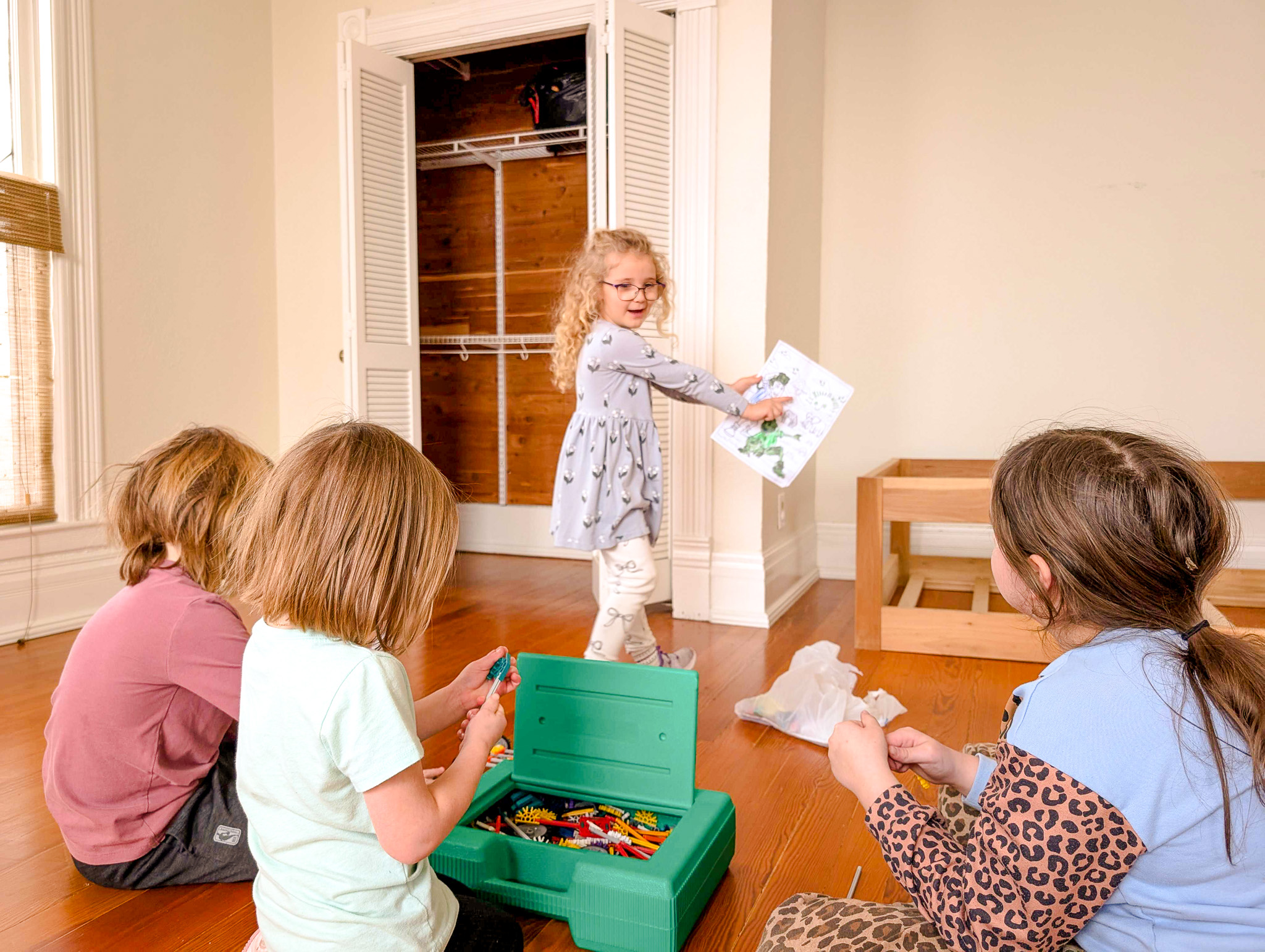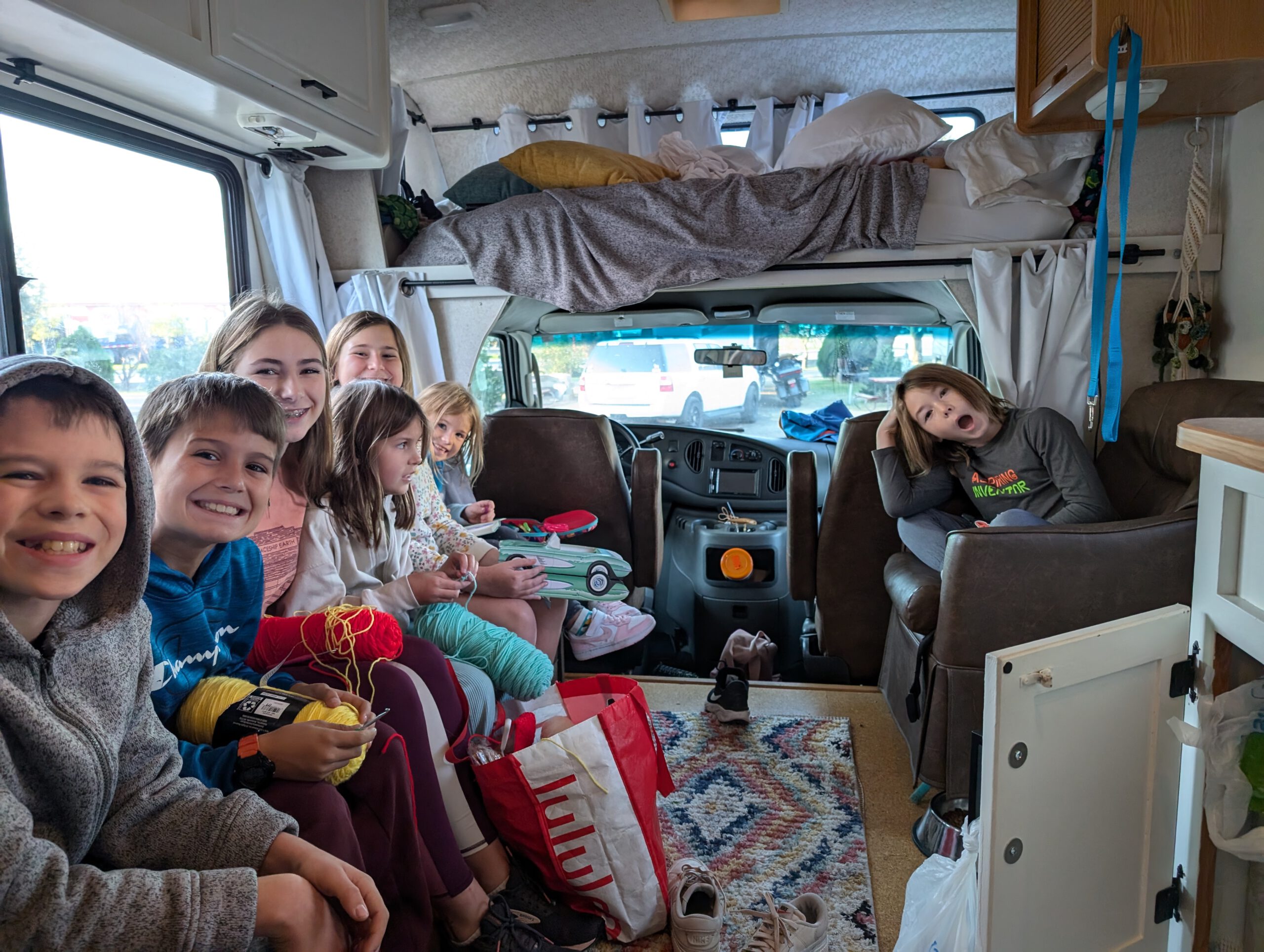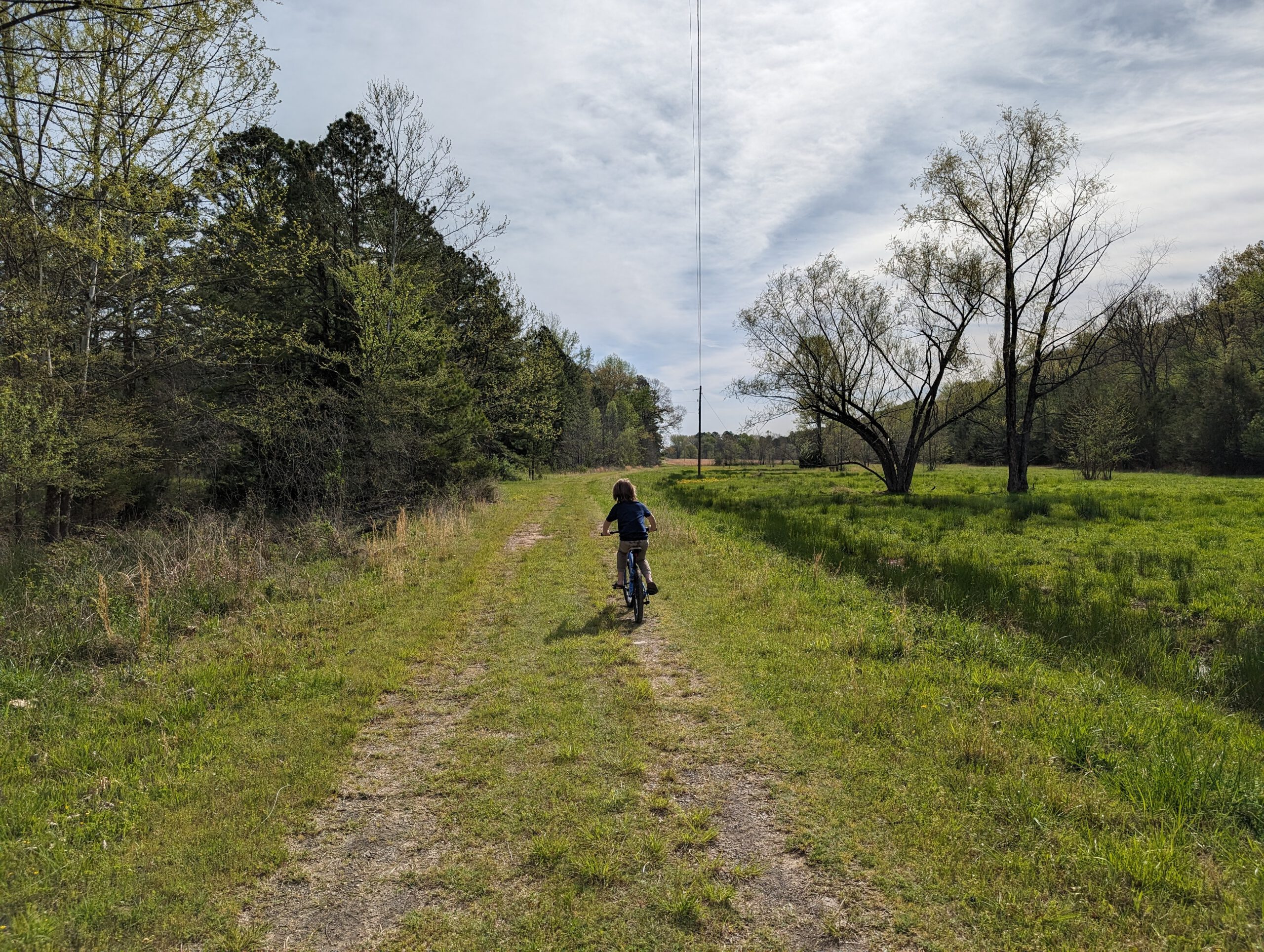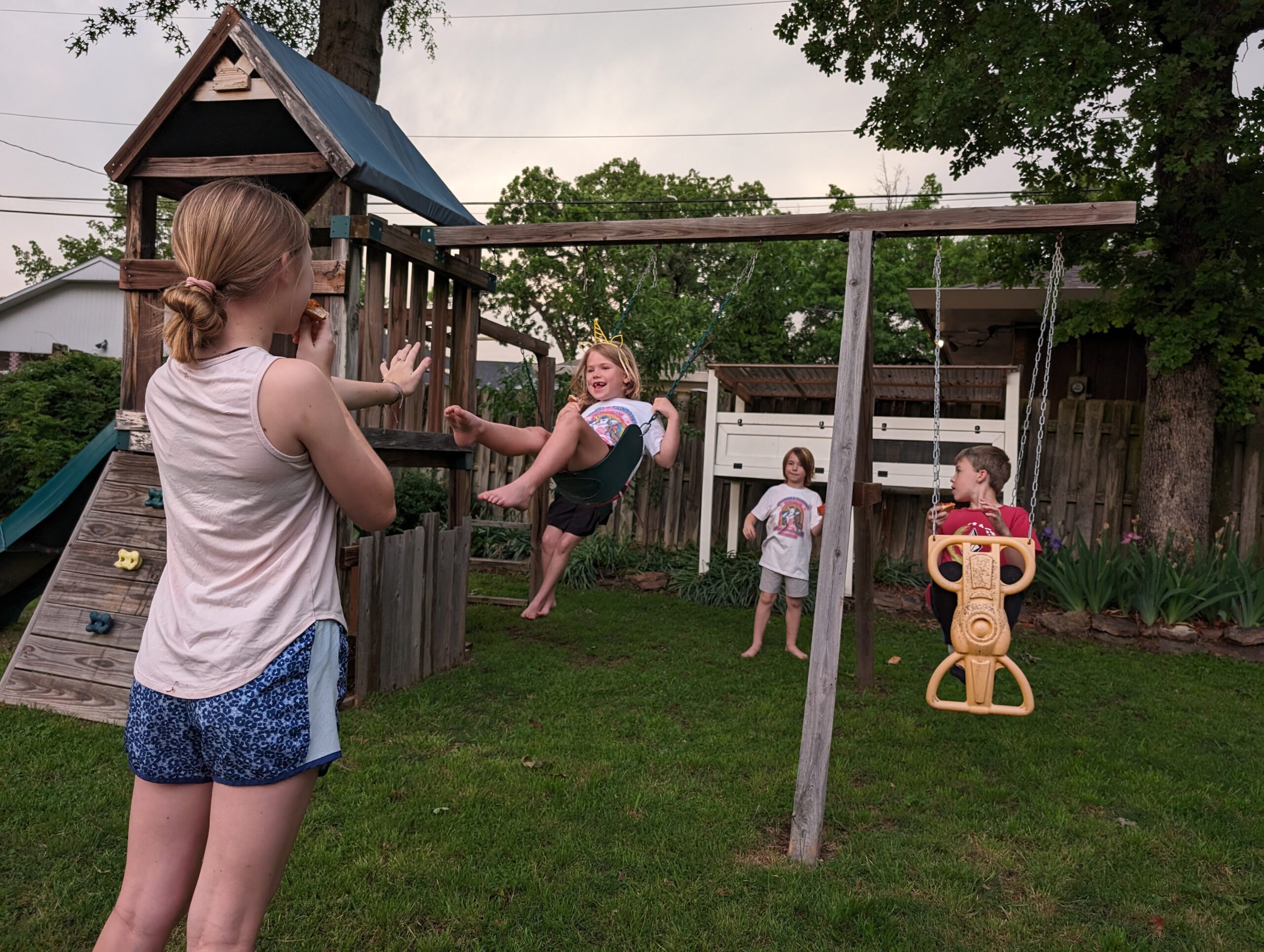What is The Commons?
The Commons is a community built on connection, curiosity, and trust. Each of us has a unique perspective, but here are some things we agree on that shape our culture.
Children are people.
In the words of Charlotte Mason, “Children are born persons.” By this we mean that children are capable of self-determination and have an inherent right to agency, dignity, and respect.
“If I had to make a general rule for living and working with children, it might be this: be wary of saying or doing anything to a child that you would not do to another adult, whose good opinion and affection you valued.”
– John Holt

People need community.
We are inherently social beings and we benefit greatly from our relationships—sharing ideas, observing others, collaborating, and problem-solving.

Freedom nurtures growth.
When we are given the freedom to explore, take risks, and solve problems on our own, we develop confidence, resilience, and creativity—essential skills for navigating life. We value Maria Montessori’s philosophy of “freedom within limits” and believe that children are people and should be treated as such.

Play is essential.
Play isn’t a luxury: it is necessary for the development of happy, whole persons. It is the foundation of learning, creativity, self-expression, and constructive problem-solving.
“Play helps us to develop a sense of self, belonging, and community; learn to communicate better, problem-solve, argue, and respect one another’s ideas; and find ways to fit our ideas within a community of conflicting and overlapping needs.”
From ASDE’s “The Six Optimizing Conditions“

Learning happens everywhere.
Charlotte Mason taught that “all education is self-education.” The best of teachers and the most interesting of books can not make a person know something. It is only a person who can will, enchant or cause himself to learn a thing. If a person is curious and has access to the proper tools, they can learn any and everything they need for life.

“The world is full of light and life, and the true crime is not to be interested in it.”
A. S. Byatt

